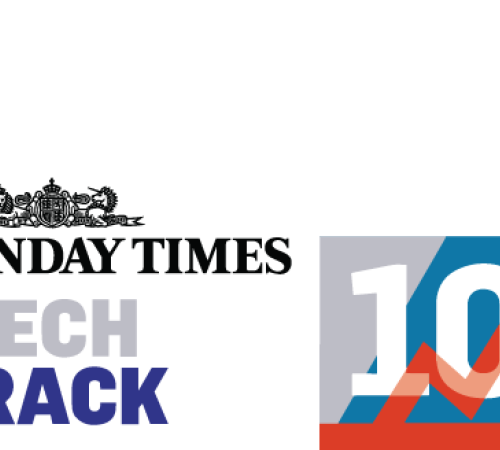

There sure is a lot of talk about data these days. Privacy considerations and the new GDPR regulations. The amount we create (by 2020, digital information will grow to 50 zettabytes – we’re at 5 zettabytes today). How data is changing the way we live and work.
If you think big data doesn’t apply to your organisation because it’s just too big, it’s time to think again. Since we’re just at the beginning of the digital revolution, it will become increasingly critical to organisations (big or small) in the coming years. Here are five reasons every SME needs to look at and use data.
1. Improve decision making
Anything companies can do to become more informed, efficient and make better business decisions is a good thing. When companies gather the right data to help answer critical business questions it helps them become more competitive and successful. It all starts by identifying your key strategic question.
So, what do you need to know to achieve your strategic goals? Also, there should be widespread access to data across the company so everyone can use it for better fact-based decisions. Not only top level strategic decisions should be informed by data and facts, everyone in the business should be using data more effectively to inform their decision-making.
2. Better understand customers
It’s more important than ever to leverage the insight big data can give you about your customers to truly understand them. Data can help you better understand who your customers are and what they are interested in. Through data’s objective lens you can go from thinking to knowing customer behaviour.
When your company analyses the data it gathers, you are better able to identify consumer trends and predict market opportunities. Predicting changes to the marketplace is crucial for your ability to be agile and responsive to the ever-changing needs of your customers. This often doesn’t even require you to collect your own data – you can simply tap into data from companies like Google, Twitter or Facebook.
3. Deliver new services
Not only can big data help you deliver a better service or product for your customers, it can also create a whole new customer value proposition. Rolls-Royce ‘servitised’ their product offering by adding a data-based service element to it. They use the sensors in the jet engines they manufacture to monitor the performance of those engines after they sell them.
Using the data these sensors provide, Rolls-Royce can monitor engine performance to help predict maintenance needs, and offers this as an ongoing service to their customers. Not only is this service great for clients, servicing now accounts for a massive 70 percent of the civil aircraft engine division’s annual revenue. What’s more, a two-person security business I work with has just done exactly the same with the alarm systems they install.
4. Improve operations
Data can help businesses run more smoothly and efficiently - from the warehouse to customer services and everything in between. This includes humans interpreting data to improve operational processes and actions, but increasingly this is also about machines collecting data, automatically analysing it and then acting on what the data tells them.
Machine-to-machine communication enables systems to work together to automate and improve processes often without any human interaction at all. Data helps improve quality control, eliminate waste and drive continuous improvement in the manufacturing process. Nearly every aspect of warehousing and distribution including route refinement can be optimised using data. Data can help you detect and prevent fraud, assess risk and more.
5. Monetise
Companies who monetise their data - either building their entire business model on data or are generating income from their data - are at the top of the most valuable Fortune 500 company lists. They have turned data into a key business asset. You can monetise data in two ways: Data can increase the overall value of your company or you can sell your data back to customers or other interested parties.
When Facebook acquired Instagram for $1 billion, the company was a truly small business with just 13 employees, Facebook were willing to pay that price to get Instagram’s valuable data and analytics capabilities. What’s more, companies are increasingly creating extra revenue streams by selling access to their data or partnering with other interested parties who can make use of their data. The two-person security company I mentioned earlier is now selling data services back to their clients.
The time is now to start building your organisation’s data strategy, which is the focus in my latest book: ‘Data Strategy: How To Profit From A World Of Big Data, Analytics And The Internet Of Things’ (external link).
Data’s incredible impact on the way we live and work is only going to continue to expand. Businesses who remain sceptical or delay the incorporation of data into their business, will likely miss out on growth and may not survive.
Find out more about our Hiscox business insurance.
Disclaimer:
At Hiscox, we want to help your small business thrive. Our blog has many articles you may find relevant and useful as your business grows. But these articles aren’t professional advice. So, to find out more on a subject we cover here, please seek professional assistance.






